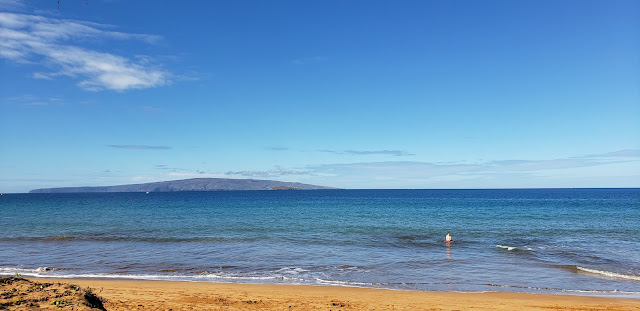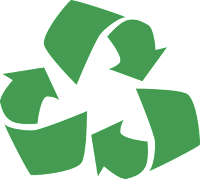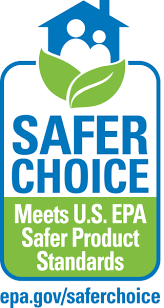The Top Five Ways to Help Our Oceans
The Top Five Ways to Help Our Oceans
Ocean pollution harms marine wildlife, threatens food
safety, and contributes to climate change. Ocean pollution reduces habitat and
species populations. Pollution threatens food safety by contaminating seafood
with heavy metals, which are harmful to humans. Ocean pollution contributes to
climate change by changing the acidity and the temperature. By following these
five steps, you will help reduce ocean pollution and increase ocean health.
#1 DO NOT POLLUTE
Our oceans are full of billions of pounds of pollution. In
fact, billions of pounds of pollution enter the ocean every year. [1] The
pollution comes from many sources including street trash, beach litter, and
household waste. Other forms of ocean pollution include animal waste, vehicle
fluids, and agricultural run-off.
 |
| Credit: NOAA |
#2 STOP USING SINGLE-USE PLASTIC
Plastics are responsible for 8 million tons [2] of ocean pollution
per year. Sadly, wildlife gets tangled or ingests plastic pollution often causing
their death. Alternatively, use durable or renewable goods like metal straws
and cloth shopping bags.
 |
| Credit: City of Fort Lauderdale |
#3 EAT WISELY
Over-harvesting fish threatens the health of the oceans by interrupting
the natural food chain and by reducing species’ populations. According to the
World Wildlife Fund, thirty percent of commercially fished species are
over-fished and in danger of not being able to naturally replenish its stock.
[3]
 |
| Credit: NOAA |
#4 REDUCE CARBON EMISSION
 |
| Credit: State of CA |
#5 VOLUNTEER
Help cleanup in your community, in your watershed, and at the
beach. [6] The simple task of volunteering to help pickup trash will reduce the
amount of pollution in the oceans. “One person can make a difference, and everyone
should try,” ~ unknown.
 |
| Credit: clipartkey.com |
I challenge you to not pollute, not use single-use plastic, eat sustainably harvested fish, reduce carbon emissions, and volunteer to clean-up in your community!
Reference:
[1] National Ocean and Atmospheric Administration. n.d. “Ocean
pollution”, U.S. Department of Commerce https://www.noaa.gov/education/resource-collections/ocean-coasts/ocean-pollution
[2] International Union for Conservation of Nature. n.d. “Marine
plastics” https://www.iucn.org/resources/issues-briefs/marine-plastics#:~:text=At%20least%208%20million%20tons,causes%20severe%20injuries%20and%20deaths.
[3] World Wildlife Fund. n.d., “Facts and Figures: the cold
hard facts about overfishing” https://www.fishforward.eu/en/topics/facts-figures/#:~:text=Today%2C%20each%20person%20eats%20on,caught%20world%2Dwide%20%5B2%5D&text=Over%2060%25%20of%20fish%20stocks,stocks%20are%20classified%20as%20overfished.
[4] National Geographic. n.d. “Ocean currents” https://www.nationalgeographic.org/encyclopedia/ocean-currents/#:~:text=By%20moving%20heat%20from%20the,ocean%20life%20to%20new%20places.
[5] ] National Ocean and Atmospheric Administration. n.d. “Ocean
currents” https://www.noaa.gov/education/resource-collections/ocean-coasts/ocean-currents
[6] National Ocean and Atmospheric Administration. n.d. “How
can you help our ocean”, U.S. Department of Commerce. https://oceanservice.noaa.gov/ocean/help-our-ocean.html
Image Reference:
[1] “Beach pollution” https://www.noaa.gov/education/resource-collections/ocean-coasts/ocean-pollution
[2] “Single use plastic” https://gyr.fortlauderdale.gov/greener-government/more-flavor-less-plastic
[3] “Over-harvesting fish” https://www.fisheries.noaa.gov/media-release/number-us-fish-stocks-sustainable-levels-remains-near-record-high
[4] “Carbon footprint” www.bayvilleny.gov
[5] “Volunteer” www.clipartkey.com




Comments
Post a Comment